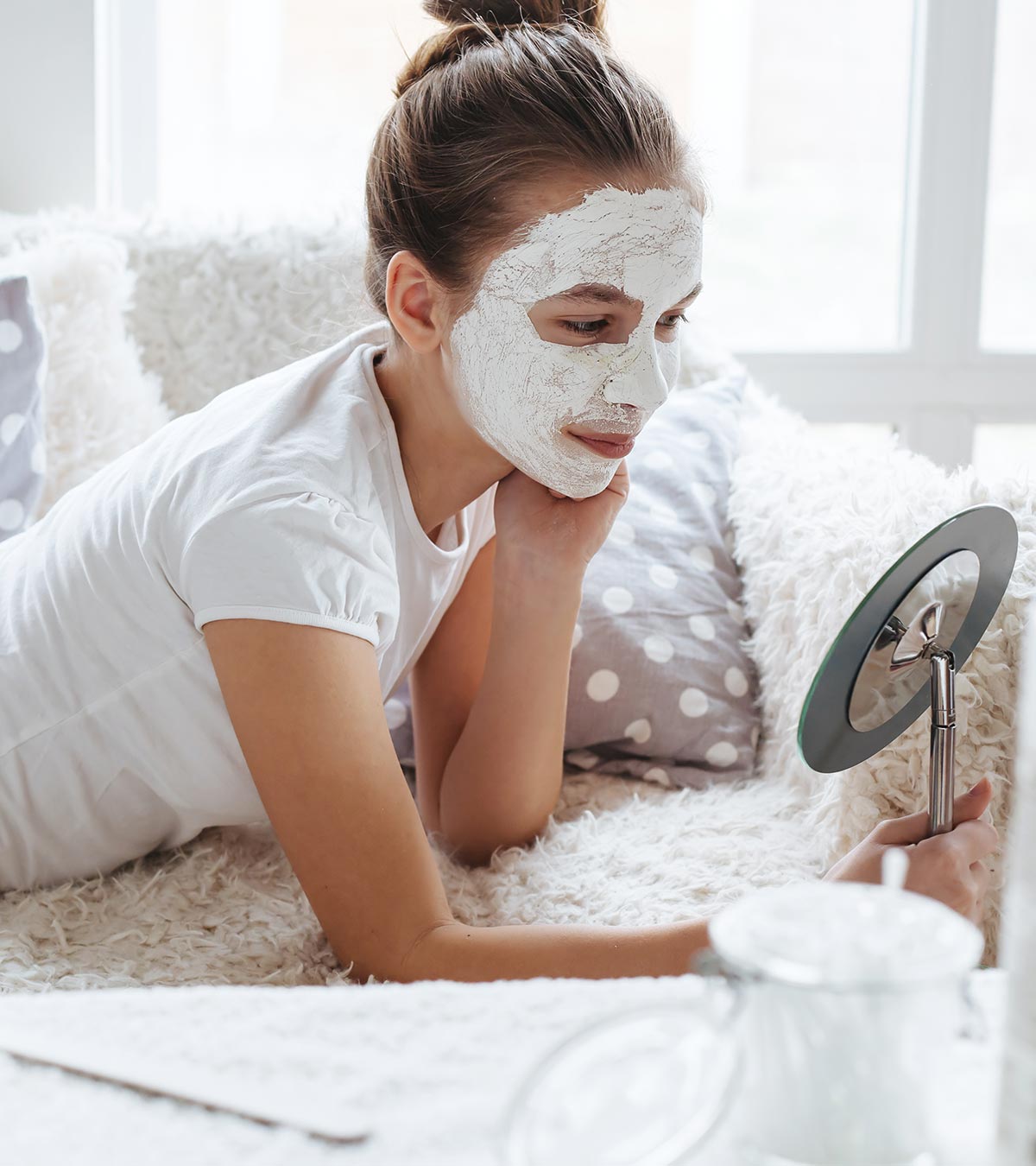A person’s genetics influence just about everything about his or her appearance, including how the skin behaves. Research into the influence of genetics on skin health is still in its infancy, so it’s difficult to pinpoint which of the 20,000 to 25,000 different genes are responsible for skin type and skin conditions, but researchers have already identified gene mutations that contribute to skin conditions like eczema, melanoma, and even acne.
The good news for those with a family history of skin problems is that, while genetics certainly play a role, environmental factors are just as important at Live Enhanced. Read on to find out about four ways that genetics influence skin health and learn how to combat hereditary problems.
Genetics and Acne

source: allure.com
Acne skin is one of the most common skin conditions, and researchers believe that it may be inherited. When the genes responsible for regulating skin cell production work normally, the body creates new skin cells to replace older ones that have died. When a genetic variation causes cells to grow too quickly, it can lead to clogged pores or acne.
The exact genes responsible for hereditary acne aren’t yet known, but the fact that acne has a genetic component has been accepted by the scientific community since 1960. The condition can be harder to treat in those with a family history of acne, as well, but consumers can visit blog.reneerouleau.com to learn about products that can help regardless of their genetic predispositions.
Genetics and Skin Cancer

source: momjunction.com
Just like other types of cancer, some forms of skin cancer have a genetic component. Researchers have pinned down several inherited genetic mutations that can increase consumers’ risks of developing melanoma, one of the most serious forms of skin cancer. The genes associated with melanoma risk are the p16 gene and the MC1R gene. Mutations on the MITF and TERT genes may also be related.
Consumers at a high risk of developing melanoma should take comfort in knowing that genetics aren’t everything. Avoiding direct sun exposure at the height of the day and using a high-quality, high-SPF sunscreen can help to limit risk even in those who are genetically predisposed to skin cancer.
Genetics and Skin Aging

source: hellodox.com
There is a genetic component to how consumers’ skin ages, but it’s not as important as some may think. Skin aging occurs due to two distinct processes: intrinsic and extrinsic aging. Intrinsic factors, which are genetically inherited, are responsible for just 10% of skin aging. Extrinsic, or environmental, factors are actually much more important, so use UV protection and look into high-quality anti-aging products.
Genetics and Dry Skin

source: pinkvilla.com
Genetics don’t just influence aging and the likelihood of developing skin disorders or diseases. It also determines skin type, including how dry or oily consumers’ skin normally is. Thankfully, there are plenty of products designed for consumers with dry skin, so those with a genetic predisposition to this problem can find everything they need to keep their skin looking healthy and supple.
The Bottom Line
Although genetics plays a role in skin type, environmental factors are more important when it comes to preventing skin cancer, acne, and other serious problems. Most consumers don’t need to get genetic testing to determine their skin type. They can buy products based on their own observations and personal dermatological diagnoses and recommendations for the best results.





